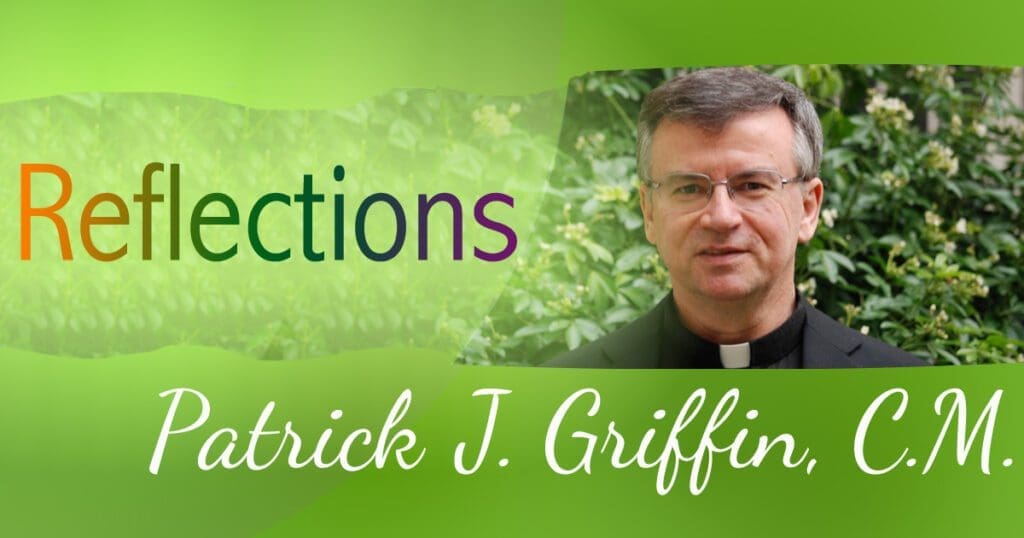In the 23rd Psalm, the psalmist proclaims, “My shepherd is the Lord.” I imagine that when Jesus prayed these words, he found a depiction of himself.
In John’s Gospel, Jesus describes his role as a shepherd. Using this image, he offers some fundamental ideas around this role and he repeats some ideas multiple times. Clearly, he does not want us to miss their meaning or his emphasis. And, as he reveals himself, we also discover who we are.

Three times, Jesus proclaims that “I am the good shepherd.” This does not mean simply a competent shepherd who knows how to take care of sheep in a professional manner, but that he is the “good shepherd” from a moral point of view. He is himself good; this goodness is expressed in the love that he showers upon his sheep—he takes care of them. He is generous and kind and patient with them. This shepherd, as Jesus reminds us, contrasts with the hired hand. Jesus characterizes himself as the “good shepherd.” We believe him, and we believe in him. “Goodness” captures the way in which he deals with us.
Then, Jesus tells us unequivocally that this good shepherd willing lays down his life for his sheep. The hired hand cannot be expected to act in the same way. The good shepherd cares so deeply for his sheep that he puts his life on the line. This imagery gets extended to the situation of Jesus’ willingness to die upon the cross; it is evident in this passage:
“I lay down my life in order to take it up again. No one takes it from me, but I lay it down on my own. I have power to lay it down, and power to take it up again.”
Three times in these few words, Jesus tells us that he lays down his life on his own. He freely gives it over for the sake of those whom he loves, and he takes this life up again—clear references to his death and Resurrection that lie at the heart of our celebration in these days. The good shepherd sacrifices himself for us out of love, and his offering is accepted by the Father who raises him up. In this reality, he holds out the promise of our own resurrection. We believe in this good shepherd and place our hope in his promises.
Finally, Jesus says that he knows his sheep and his sheep know him. Again, he speaks this truth in multiple ways. His sheep hear his voice because he remains close to them. The statement of Pope Francis has probably entered the current description of ministry for many of us. The Holy Father reminds us that the shepherd must smell like the sheep. That evocative and sensual image describes a shepherd who is close to his sheep. That minister knows their voices. And they know his voice as well. But, sometimes, we may need to check our hearing.
In another place, Jesus tells us that he calls each of his own sheep by name. With this wonderful image, Jesus affirms that he knows us and summons us specifically. Not some general roll call, the Lord calls out to me. He affirms my individuality and the special love that he has for me. Every person has a part in God’s design and in life.
Similarly, we should know the voice of our master. He calls us to a particular direction in life and he provides the gifts which we need to achieve it. Each of us, however, needs to be both able and willing to hear the voice and respond. The deafness that can arise is more a weakness of the heart than of the ear.
On this day, Jesus uses a particular image to teach us about our proper relation to the Lord who is good, who lays down his life for us, and who calls us by name. We can respond with a heartfelt and deep personal faith. We can pray with the psalmist: “My shepherd is the Lord, there is nothing that I shall want.”







Creative unpacking of a key image. Thanks